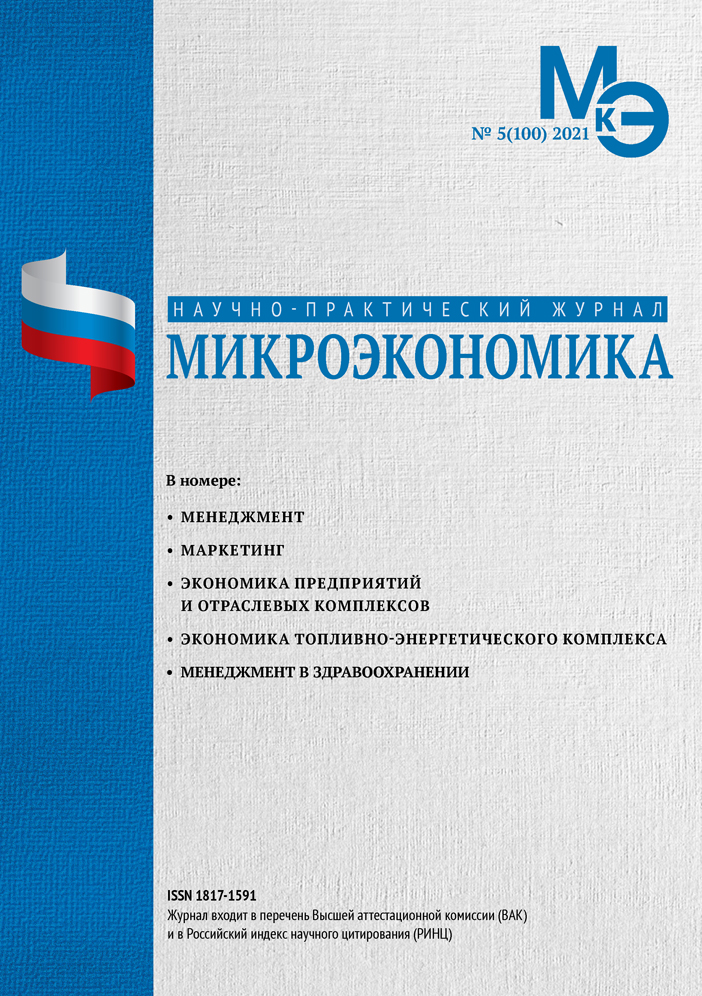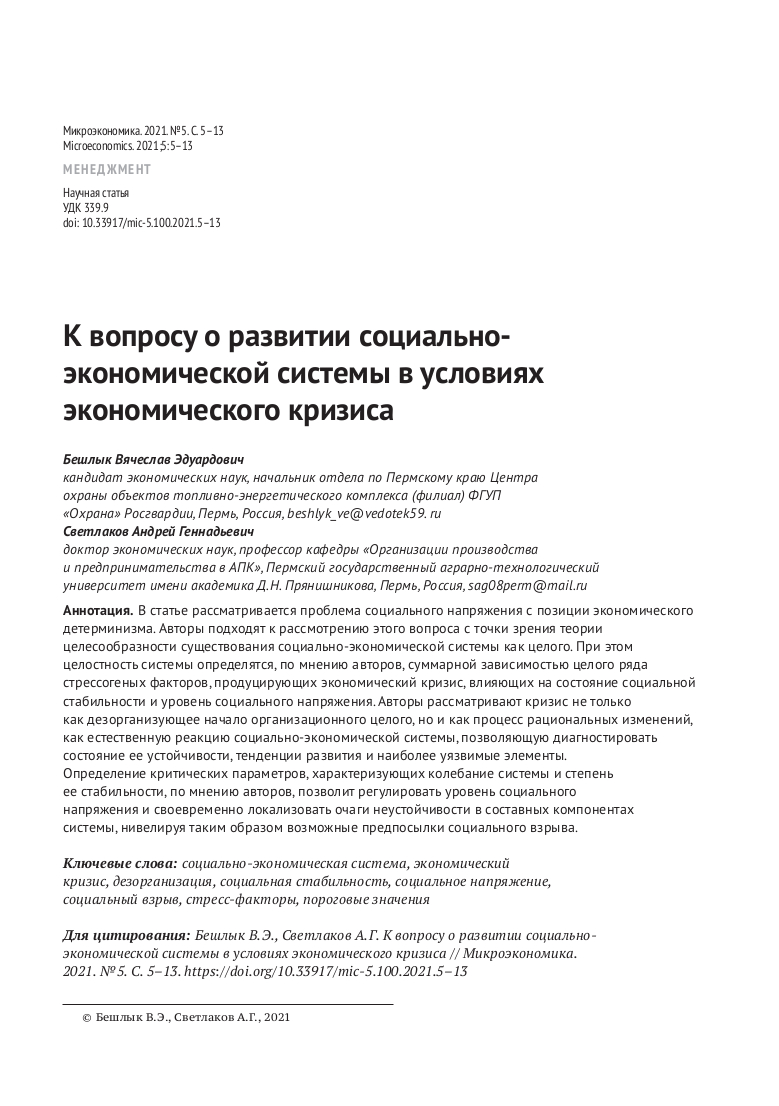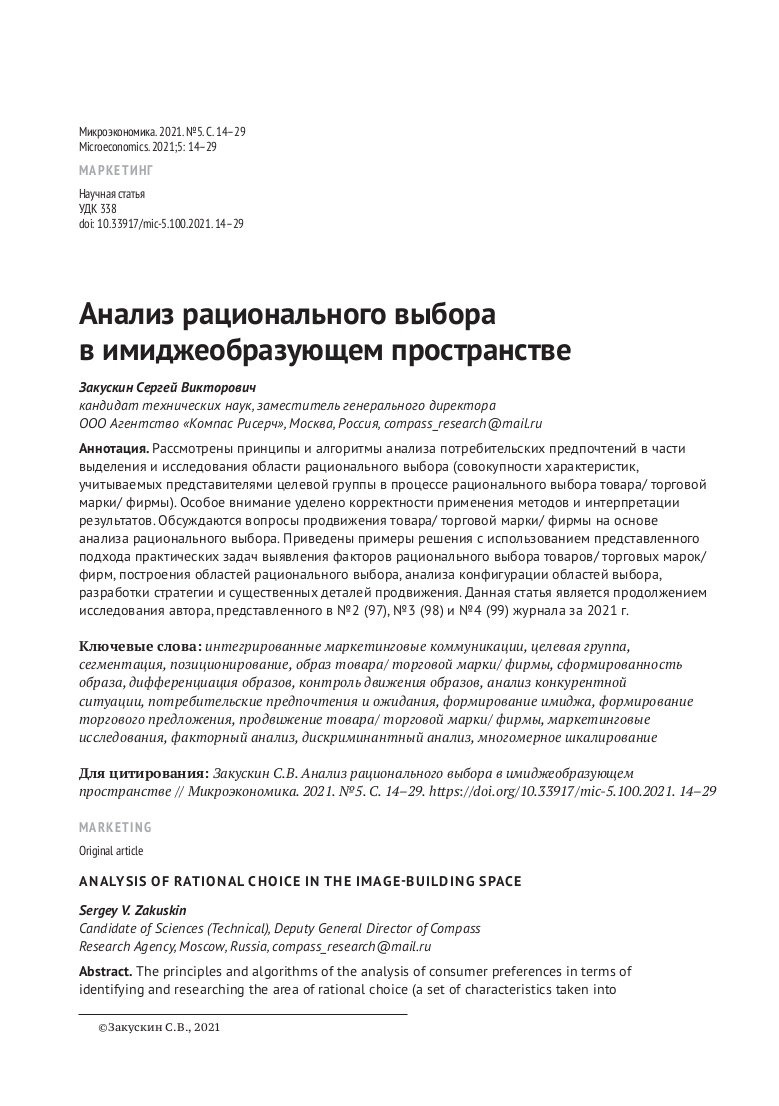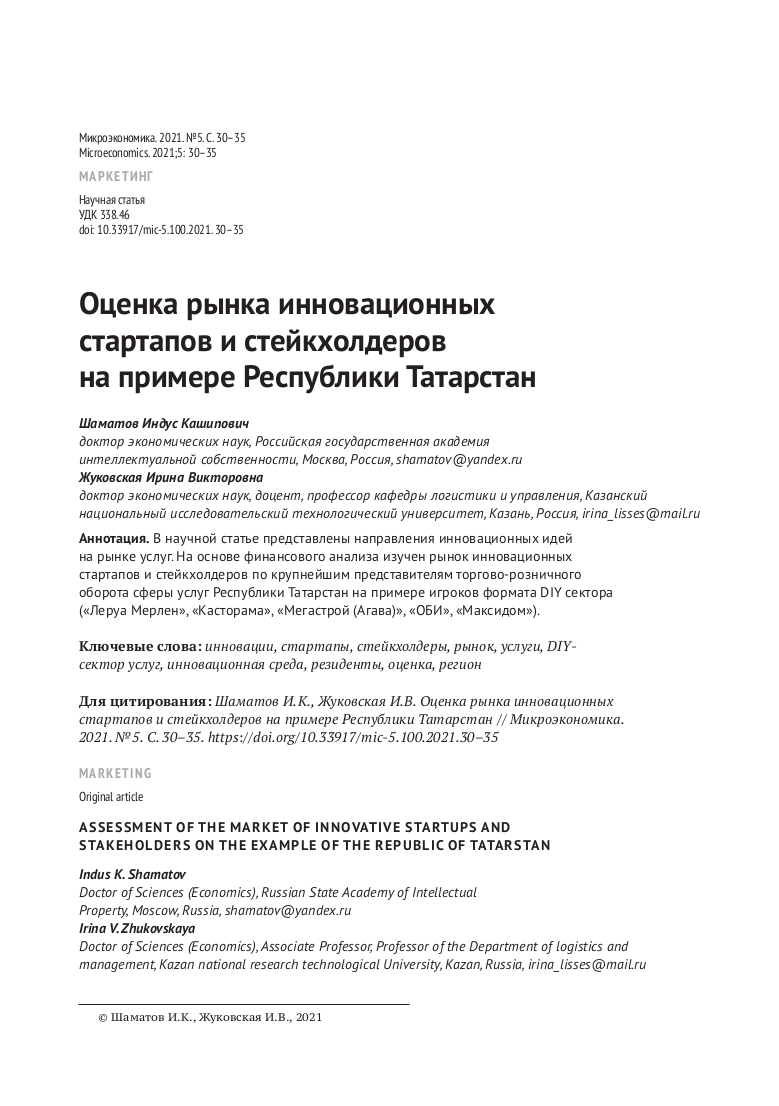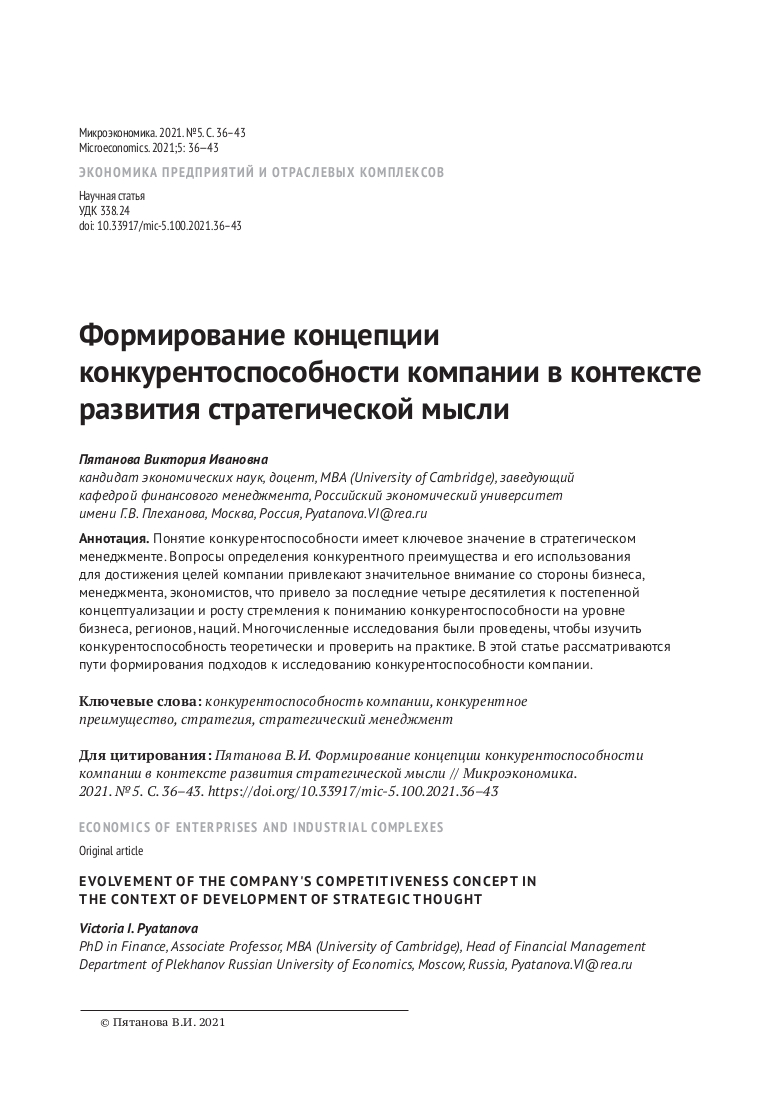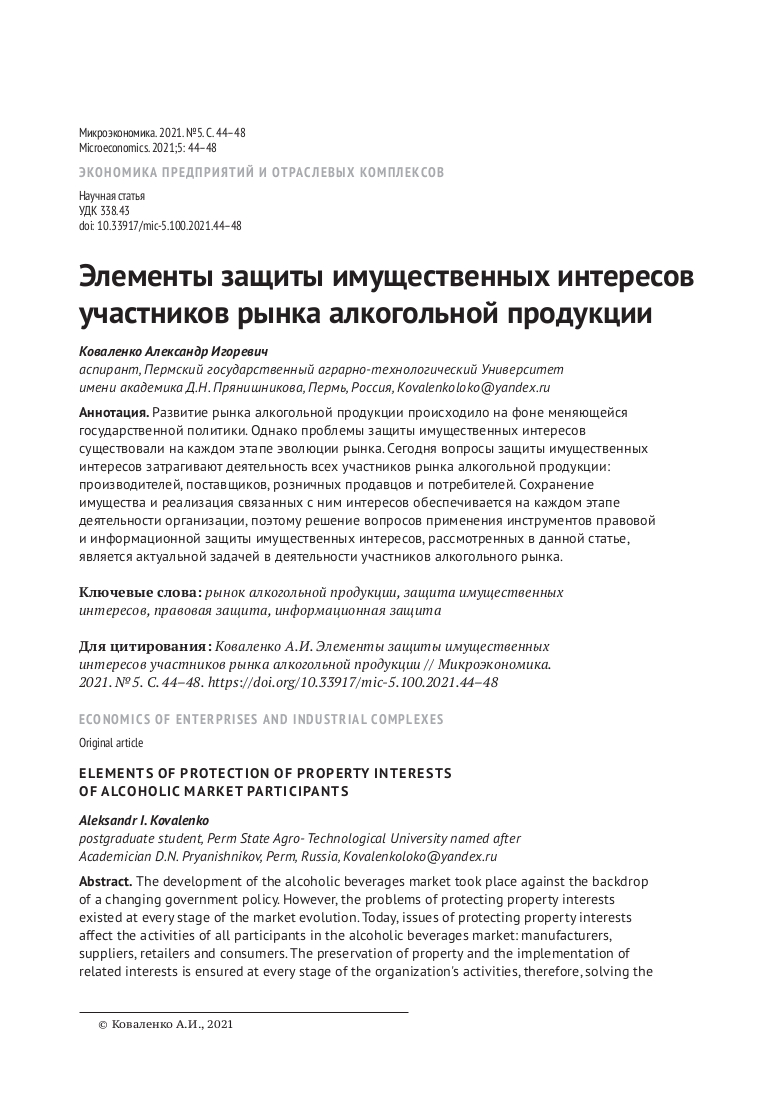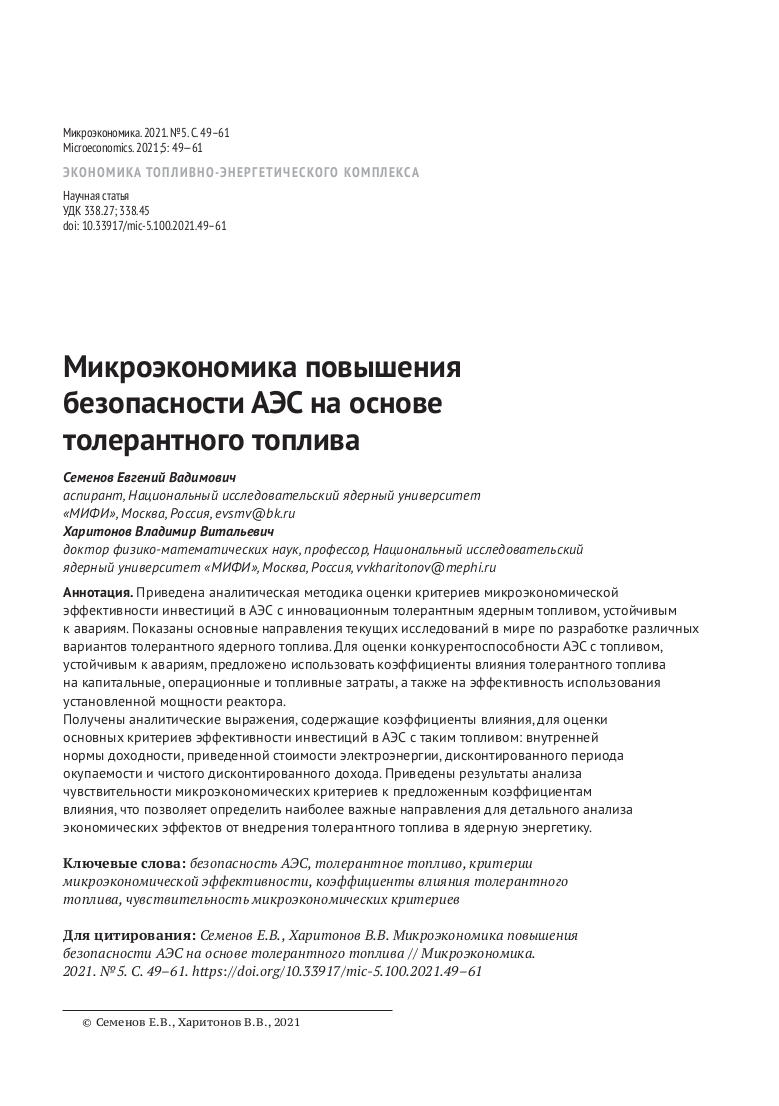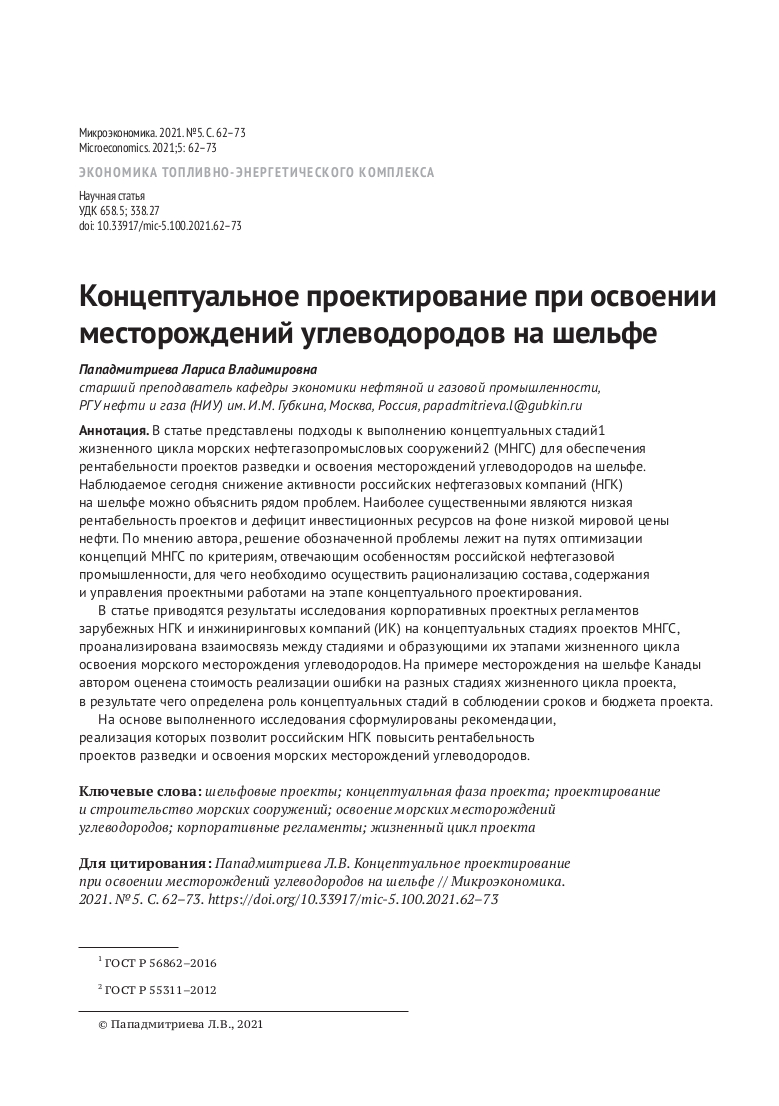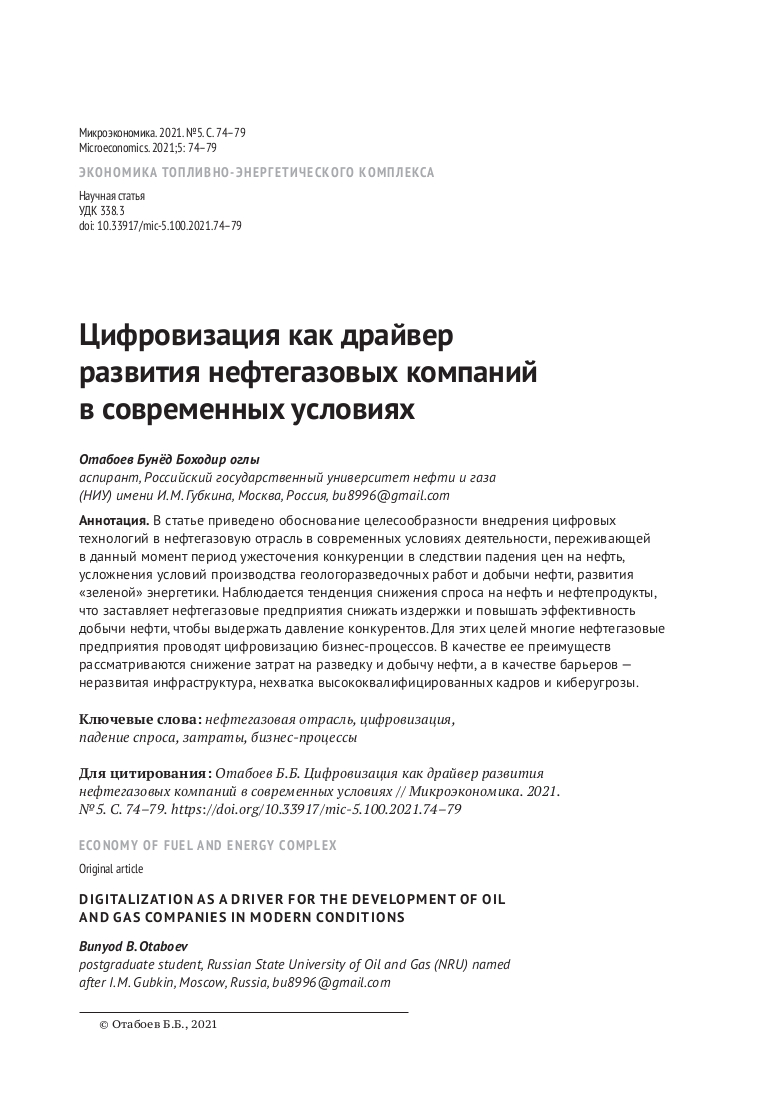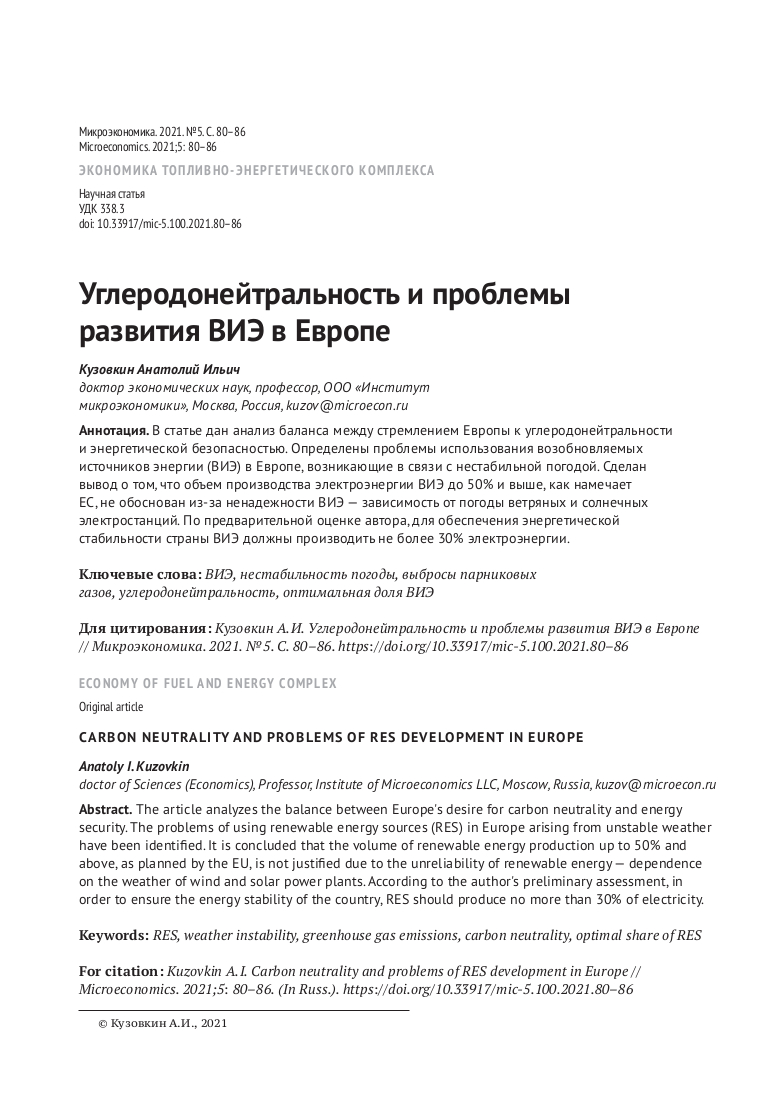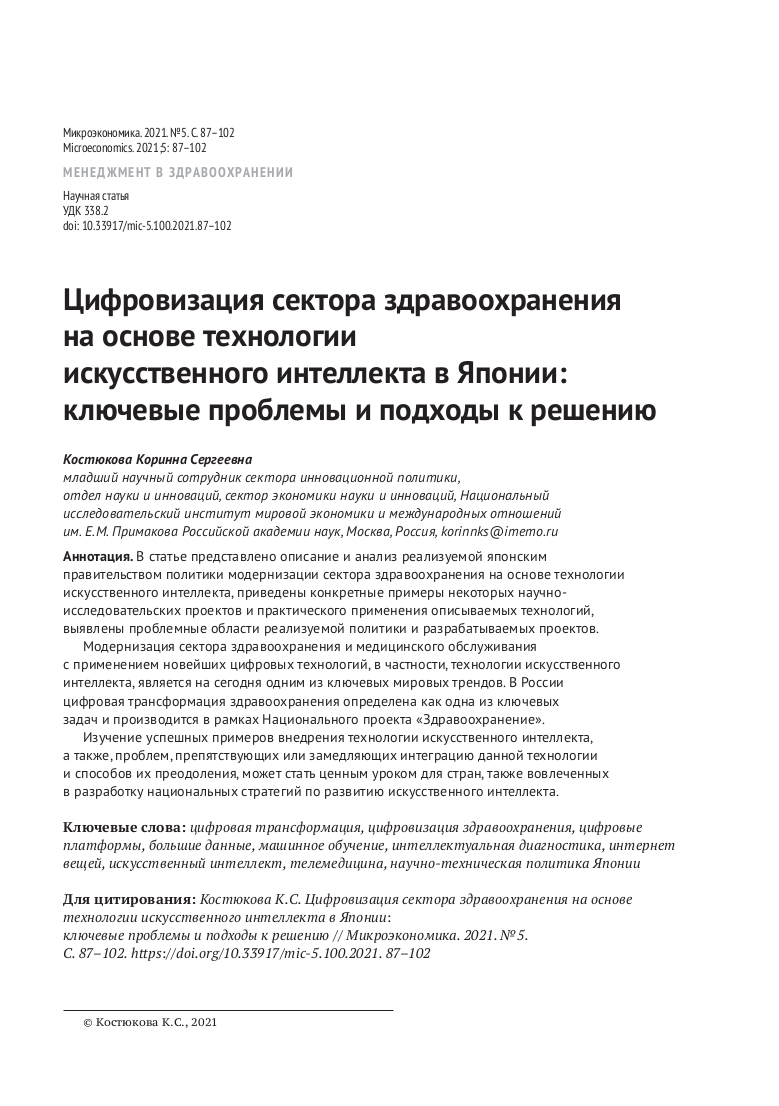On the question of the development of the socio-economic system in the conditions of the economic crisis
DOI: 10.33917/mic-5.100.2021.5-13
The article considers the problem of social tension from the position of economic determinism. The author approaches the consideration of this issue from the point of view of the theory of the expediency of the existence of a socio-economic system as a whole. At the same time, the integrity of the system will be determined, according to the author, by the total dependence of a number of stressful factors that produce an economic crisis, affect the state of social stability and the level of social tension. The author considers the crisis not only as a disorganizing beginning of the organizational whole, but also as a process of rational changes, as a natural reaction of the socio-economic system, which allows diagnosing the state of its stability, development trends and the most vulnerable elements. According to the author, the determination of critical parameters that characterize the oscillation of the system and the degree of its stability will allow to regulate the level of social tension and to localize the foci of instability in the constituent components of the system in a timely manner, thus leveling the possible prerequisites for a social explosion.


